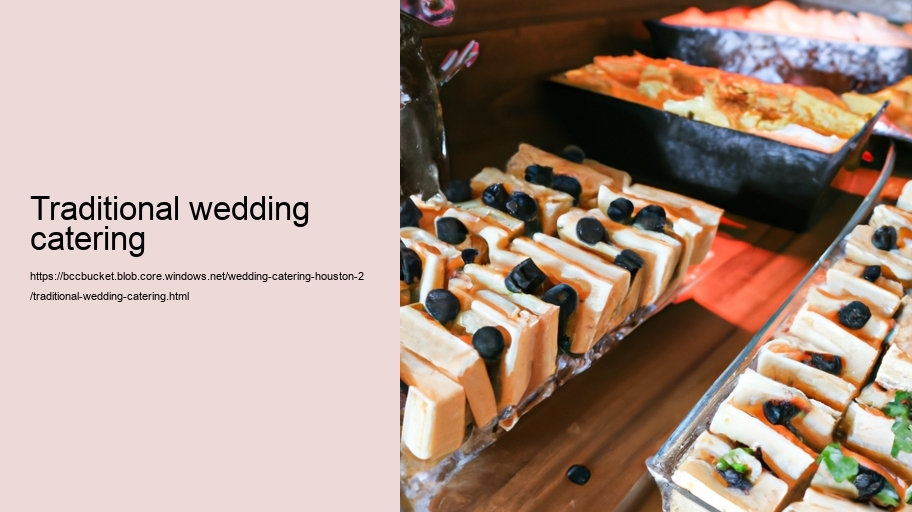Title: The Art and Essence of Traditional Wedding Catering
Introduction:
The concept of marriage has always been celebrated as a momentous event across cultures, signifying the union of two souls and the blending of families. Central to this celebration is the tradition of feasting – an element that not only satiates hunger but also symbolizes abundance, prosperity, and communal harmony. Traditional wedding catering is more than just a service; it is a meticulous orchestration aimed at creating unforgettable culinary experiences that honor cultural heritage and familial customs.
The Cultural Tapestry of Culinary Traditions:
Every culture boasts its unique set of flavors, dishes, and customs that are meticulously showcased during weddings. From the spicy curries and lavish spreads of Indian ceremonies to the refined elegance of French cuisine with its delicate pastries and sauces, traditional wedding catering serves as a window into the rich tapestry of cultural practices. It offers guests an opportunity to embark on a gastronomic journey that complements the visual splendor and emotional depth characteristic of such an auspicious occasion.
Crafting Memories Through Flavors:
Traditional wedding caterers are akin to storytellers who use ingredients instead of words to narrate tales steeped in heritage. Each dish presented represents a chapter in the couple's narrative – perhaps drawing from childhood favorites or meals shared during their courtship. These culinary artisans pay homage to time-honored recipes passed down through generations while often infusing them with contemporary twists to create something both familiar and excitingly new for guests’ palates.
Attention to Detail: The Hallmark of Service Excellence:
In traditional wedding catering, attention to detail is paramount. It begins with understanding the couple's vision for their day – be it an intimate gathering or a grand soiree. Every aspect from table settings, presentation style, ingredient selection, portion sizes, dietary considerations to serving etiquette is meticulously planned out. Skilled chefs work alongside professional service staff ensuring each course flows seamlessly into the next while maintaining impeccable standards throughout.
Sustainable Practices within Tradition:
In today’s world where sustainability concerns are increasingly pressing, traditional wedding caterers have begun incorporating eco-friendly practices without compromising on authenticity. This includes sourcing local produce, minimizing waste through careful planning and portion control, offering seasonal menus that reflect sustainable choices all while respecting age-old traditions.
The Role Of Customization In Modern Ceremonies:
While tradition forms the backbone of such catering services, modern couples often seek personalization within these frameworks. Caterers adept at their craft welcome this challenge by customizing menus according to specific themes or incorporating fusion elements that celebrate diverse backgrounds coming together. Such adaptability ensures that each wedding feast remains unique yet resonant with traditional undertones.
Conclusion:
Traditional wedding catering transcends mere food preparation; it encapsulates history, artistry, community values, and personal stories all plated up in one harmonious spread meant for sharing. As couples across time vow to intertwine their lives together amidst friends and family; they do so around tables laden with dishes rich in flavor as well as significance—a testament not only to their love but also their roots.
As we raise our glasses (or cups) in toast at these joyous events; let us remember that every bite we take is partaking in rituals older than ourselves—kept alive through every morsel lovingly prepared by those dedicated artisans known affectionately as traditional wedding caterers.
